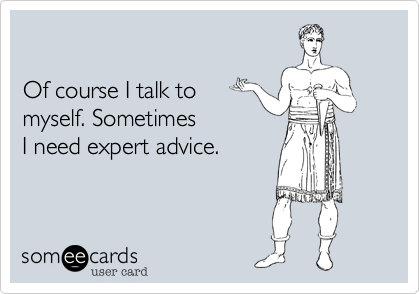Ankstesnė knygos „Mental Game of Poker“ dalis: Dvi emocijų priežastys, susikaupusios emocijos, jų spektras, atlikimas ir emocijos
Strategy
The first three chapters of this book laid the groundwork for the general strategies described in this chapter. Since the four central areas of your mental game – tilt, fear, motivation, and confidence – operate under the same rules, the strategies aimed at them are very similar. This chapter provides a logical, organized, and strategic approach to solving psychological problems. The remaining chapters discuss additional strategies and tips specifically for each described problem.
Two key strategies are needed to solve psychological problems:
Injecting Logic: a short-term strategy that addresses psychological problems while playing and touches on ways to solve them.
Eliminating the Problem: a long-term strategy aimed at correcting the logical gaps that cause psychological game problems.
Injecting Logic
“Injecting Logic” is a strategy based on the natural human behavior of talking to oneself when faced with psychological game problems. Of course, sometimes what you say to yourself can be akin to pouring gasoline on a fire, e.g., “I can't believe how badly I'm running!” However, it can also be the opposite, where self-talk can help, e.g., “It's just variance; I played the hand well. Stay calm and keep playing solid.” However, solving the problem is not limited to just saying positive things to yourself. If it were that simple, you would have solved your problems long ago.
The only way to handle psychological game problems is to manage them while playing. For example, if you tend to play poorly or quit the game altogether because you tilt, it means that to eliminate this problem, at some point, you will have to start fighting it. Injecting logic is like a weapon in this fight, which you use to delay, reduce, or block tilt (or any other problem) while the game is ongoing. However, it is not a long-term cure. In the short term, injecting logic is like a crutch for your game while you try to solve this problem in the long term.
Injecting logic works best when:
- You catch the accumulating emotion before it reaches a breaking point. If you fail to do this, you start a tough battle to think clearly and play well. This is because when emotions cross the breaking point, it becomes increasingly difficult to think clearly. Injecting logic is essentially thinking. So if your emotions have reached the breaking point, trying to “inject” logic into your thinking will be akin to trying to run with a sprained ankle.
- It simultaneously corrects deeply rooted flaws. The fastest way to solve psychological game problems is to use injecting logic in a way that also eliminates the causes of those problems. This is a twofold goal.
Injecting logic is not the only strategy for managing emotions. Traditional poker psychology offers various emotion management tactics: deep breathing, early game termination, moving down limits, meditation, visualization, physical exercise, counting to 10, self-soothing, etc. Injecting logic is more effective because it simultaneously addresses the deeply rooted causes of problems. Deep breathing might protect you from tilt today, but the root cause – why you tilt in the first place – remains untouched. The problem will be solved only when you uproot that cause.
Solving psychological game problems means that eventually, you must be able to think clearly in situations where you previously couldn't. If you want to play without tilt, it means you will need to battle tilt and win. If you want to play without fear, you will need to overcome that fear. Essentially, injecting logic is designed to help you develop the resilience to control your emotions like never before.
The following 6 steps are based on the injecting logic strategy. They are laid out clearly and in detail so that even players with the most severe problems can effectively improve. Keep in mind that once you fully understand the first four steps, you will later be able to perform them in a matter of seconds.
- Recognition
- Deep Breathing
- Injecting Logic
- Strategic Reminder
- Repetition as Needed
- Game Termination
This series of articles is based on Jared Tendler's poker psychology book: “Mental Game of Poker”. Those who wish to purchase the original, which is in English, can do so at amazon.com







